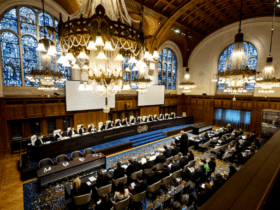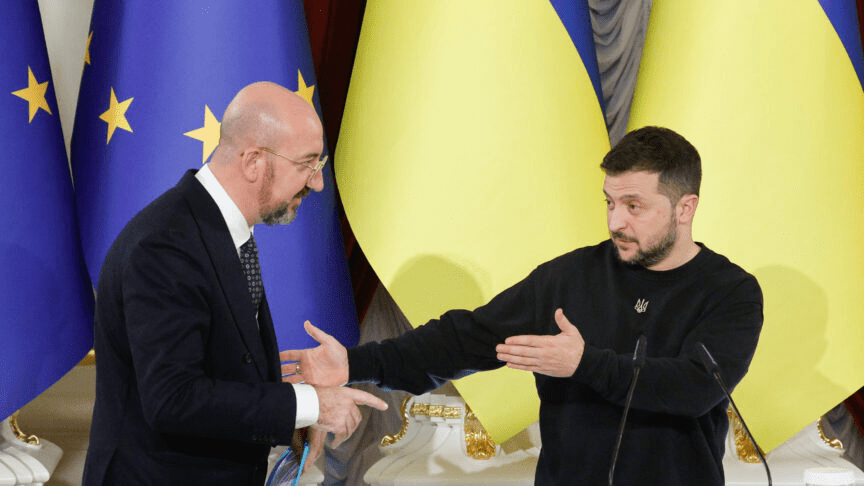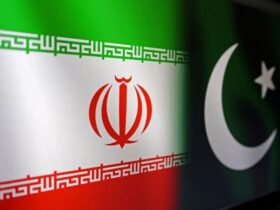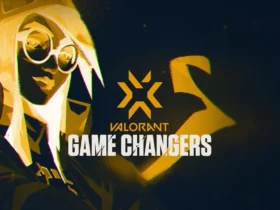In the face of geopolitical upheavals, Europe’s stance on supporting Ukraine amid its ongoing conflict has been anything but uniform. This inconsistency not only highlights the complexity of international relations within the European continent but also raises questions about the long-term implications of such a fragmented approach. As Ukraine continues to navigate its precarious position on Europe’s eastern frontier, the varied levels of support from European nations reveal a deeper crisis of consistency, one that could potentially reshape the continent’s political landscape and its collective security framework.
The Patchwork of Support
Europe’s response to the Ukrainian crisis has been a patchwork of varying degrees of support, ranging from military aid and economic sanctions against aggressors to diplomatic gestures and humanitarian assistance. While some countries have taken a more assertive stance, others have adopted a cautious approach, often influenced by their historical ties, economic interests, and political affiliations.
Leading the Charge
Nations like the United Kingdom, Poland, and the Baltic states have been at the forefront of providing support to Ukraine. These countries have not only supplied military equipment and training but have also been vocal advocates for Ukraine on the international stage, pushing for stronger sanctions against those threatening Ukrainian sovereignty and calling for a united European response.
The Cautious Middle Ground
Then there are countries like Germany and France, which, despite being key players in the European Union, have exhibited a more measured approach. Their support has often been tempered by economic considerations, particularly in the realm of energy dependency and trade relations. This cautious stance has led to criticism both within Europe and internationally, with accusations of a lack of leadership and resolve.
The Reluctant Participants
On the other end of the spectrum, some European nations have been notably reluctant to offer support to Ukraine. This reluctance is primarily rooted in economic dependencies, historical allegiances, and a desire to avoid escalating tensions. Countries such as Hungary have been criticized for their lukewarm response and, in some instances, for undermining the collective European stance on the Ukrainian issue.
The Crisis of Consistency
This uneven support for Ukraine underscores a broader crisis of consistency within Europe, reflecting divergent national interests and the absence of a cohesive strategy. This inconsistency not only weakens Europe’s position on the global stage but also emboldens those who seek to undermine European unity and the principles of sovereignty and territorial integrity.
The Impact on European Unity
The varied levels of support for Ukraine have exposed fissures within the European Union and NATO, challenging the notion of a united European front in international affairs. This fragmentation risks eroding the credibility of these institutions and their ability to act decisively in times of crisis. The situation underscores the need for a more coordinated and unified approach to foreign policy and defense within Europe.
The Role of the United States
The inconsistency in Europe’s support for Ukraine has also highlighted the pivotal role of the United States in shaping the Western response to the crisis. The U.S. has often acted as a catalyst for European action, providing leadership and resources to support Ukraine. However, this dependence on U.S. leadership raises questions about Europe’s ability to manage its security affairs independently and the need for greater European autonomy in defense matters.
Looking Ahead: The Need for a Unified Strategy
Moving forward, it is imperative for European nations to develop a more unified and strategic approach to supporting Ukraine. This involves not only increasing military and economic assistance but also working towards a diplomatic resolution to the conflict. A cohesive European strategy should prioritize the reinforcement of European security architecture, reduce dependency on external factors like energy supplies from contentious sources, and foster greater political and defense cooperation among member states.
Conclusion
Europe’s uneven support for Ukraine is a crisis of consistency that reflects the intricate web of national interests, historical relationships, and political calculations that shape the continent’s approach to international relations. As the situation in Ukraine continues to evolve, the need for a unified and strategic European response has never been more critical. Such a response would not only bolster Ukraine’s resilience but also strengthen the fabric of European unity, ensuring that the continent can effectively address the challenges of today and the uncertainties of tomorrow. In the end, the crisis in Ukraine is not just a test of Europe’s support for a neighbor in need but a litmus test for the future of European solidarity and security.
Visit Unicorn Blogger For More Articles & Blogs !




























Leave a Reply